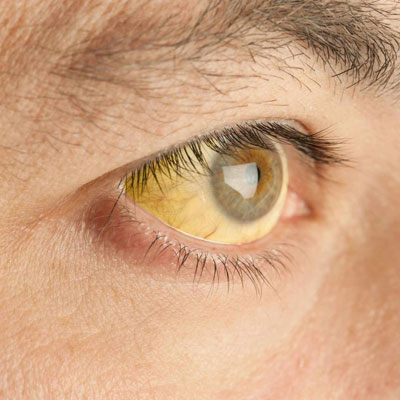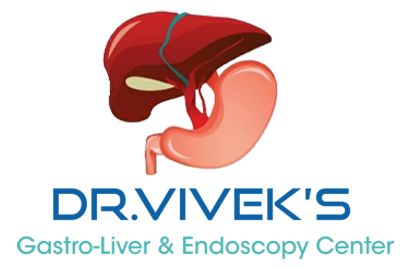Jaundice is a condition in which the skin, whites of the eyes and mucous membranes turn yellow because of a high level of bilirubin, a yellow-orange bile pigment. Jaundice has many causes, including hepatitis, gallstones and tumors. Bile is fluid secreted by the liver. Bilirubin is formed from the breakdown of red blood cells.
Signs and symptoms.
- Pale-colored stools
- Dark-colored urine
- Skin itching
- Nausea and vomiting
- Rectal bleeding
- Diarrhea
- Fever and chills
- Weakness
- Weight loss
- Loss of appetite
- Confusion
- Abdominal pain
- Headache
- Swelling of the legs
- Swelling and distension of the abdomen due to the accumulation of fluid (ascites)
See the best jaundice specialist in Mahabubnagar at jaundice treatment clinics

Underlying conditions that may cause jaundice include:
- Acute inflammation of the liver: This may impair the ability of the liver to conjugate and secrete bilirubin, resulting in a buildup.
- Inflammation of the bile duct: This can prevent the secretion of bile and removal of bilirubin, causing jaundice.
- Obstruction of the bile duct: This prevents the liver from disposing of bilirubin.
- Hemolytic anemia: The production of bilirubin increases when large quantities of red blood cells are broken down.
- Gilbert’s syndrome: This is an inherited condition that impairs the ability of enzymes to process the excretion of bile.
- Cholestasis: This interrupts the flow of bile from the liver. The bile containing conjugated bilirubin remains in the liver instead of being excreted.
Jaundice is related to liver function. It is essential that people maintain the health of this vital organ by eating a balanced diet, exercising regularly, and not consuming more than the recommended amounts of alcohol.
Consult Dr. Vivek Sagar Pallepagu at gastroenterology hospitals in Mahabubnagar.
